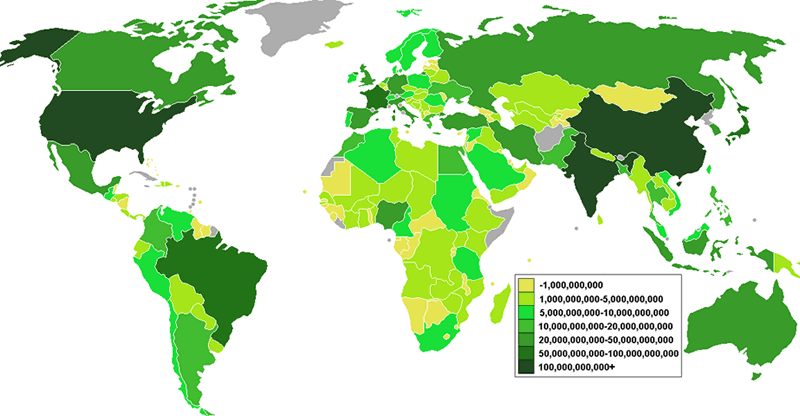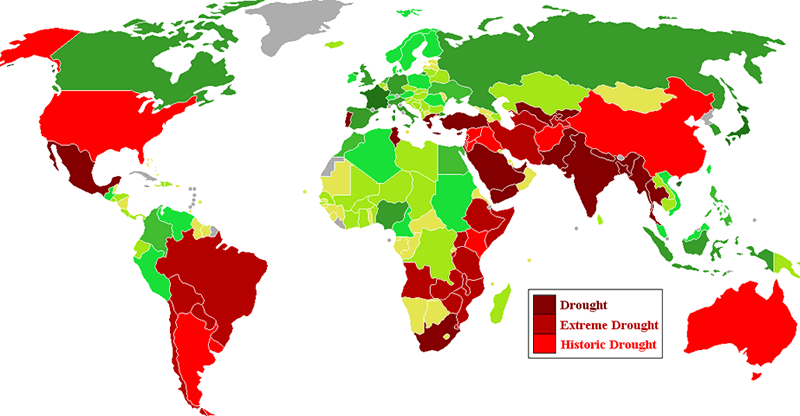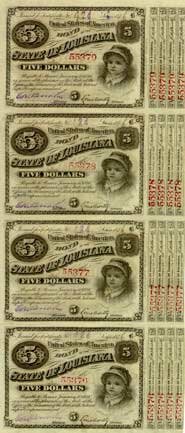 The Scientist | Researchers are slowly establishing a connection between an extremely rare genetic disease and HIV -- and homing in on a safe, non-prescription compound that could treat both.
The Scientist | Researchers are slowly establishing a connection between an extremely rare genetic disease and HIV -- and homing in on a safe, non-prescription compound that could treat both.Recently, James Hildreth at the Meharry Medical College School of Medicine in Nashville, Tenn., and his colleagues found that cells affected by Niemann-Pick Type C (NPC), which disrupts cholesterol trafficking, were unable to release HIV, suggesting these cells would not spread the virus.
These findings, published May 27 in the Journal of Virology, are rooted in a hypothesis Hildreth has explored for a long time: that "cholesterol is somehow essential" to HIV, he said. For instance, HIV-1 relies on specialized structures known as lipid rafts, which are rich in cholesterol, to infect new cells.
That line of thinking has led him to investigate whether a compound widely employed by the food and chemical industries (and used as a drug solubilizer) which depletes cells of cholesterol could serve as a preventative agent -- or even a treatment -- for HIV. And his growing body of evidence is suggesting the compound, known as cyclodextrin, might do just that.
"There are very few [compounds] that rival the safety profile" of cyclodextrin, said Hildreth. If further research confirms it has an effect on a disease that affects millions of people worldwide, that would be a major advance, he noted. "It's been exciting for me from the beginning."





























